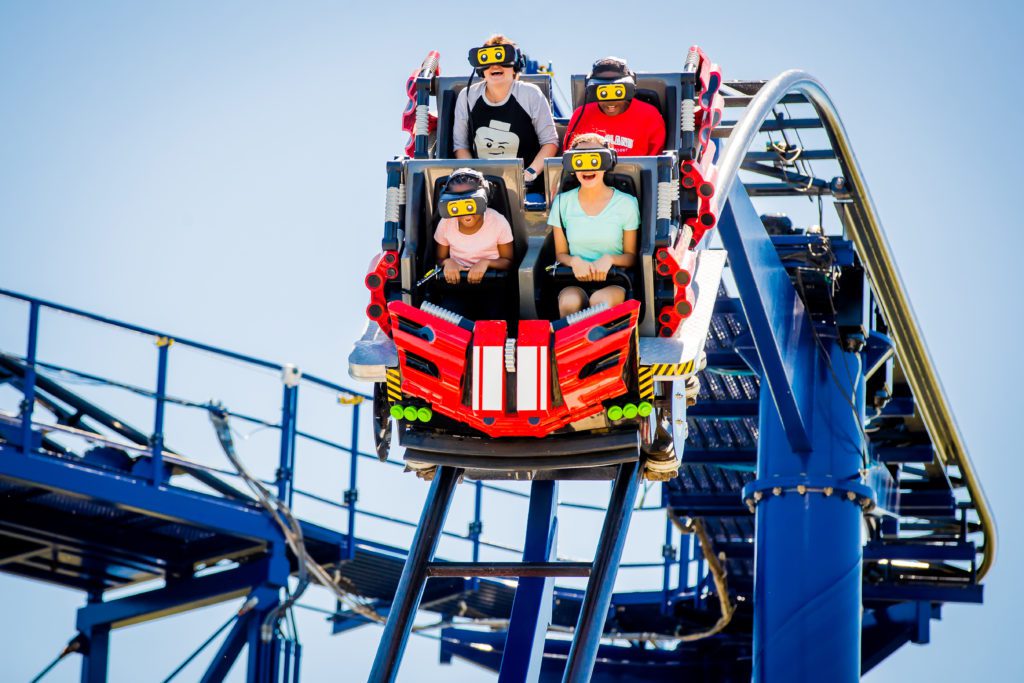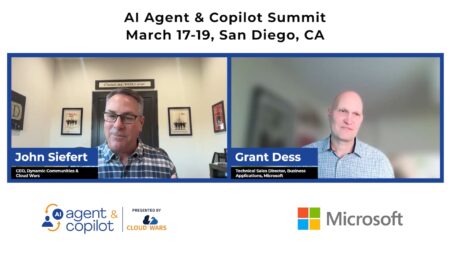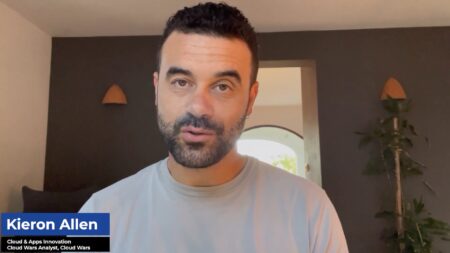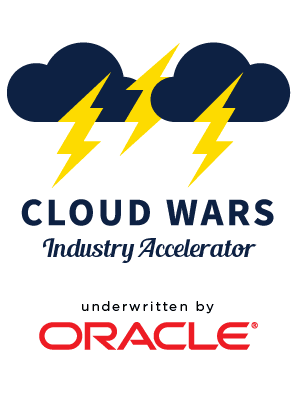
The pandemic had two big effects on the business of Merlin Entertainments: At one point it had shut down all but one of the companies’ attractions, and it accelerated customer expectations for robust digital engagement.
Fortunately, Merlin had already begun deploying technology to engage customers on their preferred terms at its theme parks and hotels. It was able to extend the use of that technology — Oracle MICROS Simphony Point-of-Sale (POS) and Oracle OPERA Property Management System — to ramp up contactless services to alleviate guests’ health and safety concerns when visiting Merlin theme parks and hotels.
In doing so, Merlin provides a great example of a company that used business disruption as an opportunity to better align its business with customer expectations — in this case, their preference for engaging digitally and maintaining physical distance for health considerations.
Merlin is the world’s second-largest operator of family entertainment destinations with more than 140 attractions, 23 hotels, and six holiday villages in 24 countries. Its attractions include iconic resort theme parks Alton Towers and Gardaland, as well as global attraction brands such as LEGOLAND, SEA LIFE aquariums, and Madame Tussauds (TM).

“For us, it’s all about people enjoying themselves in a great location. With social distancing, the fundamentals of our business were really uprooted. We had to look quite hard at how we could make people feel safe in our environment and allow them to experience it without the queues we might have had before.”
Merlin Entertainments CTO Lee Cowie
Turning Challenges Into Opportunities
As Cowie recounts, Merlin faced tough decisions about how and where to invest in anticipation of post-Covid business re-openings. The company’s leadership decided technology that supported digital engagement was key to its strategy going forward. “We assumed it would end, and when it did end, we wanted to be ready and be in a better state than we were going into it, and to serve our guest in this new environment,” he says.
The company recognized that guests had a couple of key objectives:
- To socially distance whenever and wherever possible, which included avoiding lines.
- To use their time as efficiently as possible when checking into hotels or ordering food and beverages, while conducting transactions on a contactless basis when possible.
Popular attractions — rides and restaurants — can become “pinch points” in the park experience where lines more frequently form. Mobile ordering through Oracle systems is one way Merlin is helping guests overcome that issue. Using a mobile app connected to MICROS Simphony, Merlin customers can order and pay for meals in advance, then have their food delivered to them or pick it up without waiting in the regular line. MICROS Simphony also manages the timing of orders to ensure they meet customer expectations.
“This gives them the opportunity to purchase in their space to better serve them where they are, at their pace, in a more relaxed environment,” Cowie says.
Skip the Lines
The hotel check-in process has also been simplified. For instance, by using services enabled by Oracle Hospitality OPERA, customers are able to check in from their phones. They can also use a QR code to get a room key at kiosks. Guests are able to transition smoothly into a park from their hotel and back again, creating a resort-type experience. Upon arrival at a hotel, they can check a bag and head straight to a theme park to maximize their time enjoying attractions. They’ll receive a text message when their room is ready. “We’ve removed friction, removed points that are necessary but don’t add anything to the overall experience,” Cowie says.
Guests are embracing the changes. More than 70% now check in with their phones. Each guest who does so saves seven minutes at check-in. This is good for Merlin, which can redeploy staff to higher-level guest-service functions. This is also great for the guest, who avoids check-in lines and spends more time doing what they came to do. “We’ve gotten phenomenal uptake,” Cowie says. “It’s hugely convenient for the guest.”
MICROS Simphony also lets Merlin employees use tablets to serve guests directly where they are, taking food and drink orders or making personalized recommendations such as hotel upgrades.
Cowie said the company is about two-thirds into the deployment of Oracle’s applications and these new customer experience practices throughout its properties. Oracle collaborator, Hospitality Retail Systems (HRS), has worked with Merlin on its deployment of the technology.
Customer Research
The customer experience changes that Merlin has put in place are backed by customer research. In a study conducted by Oracle and Merlin, 67% of respondents said they want distancing measures to remain in place as they consider returning to theme parks. 58% said they would like to see hotspots on a map so they can avoid the busiest locations in a park.
To cite one demographic group, 55% of families with kids under 12 said they’d like the flexibility to schedule a food or drink order before arriving at a theme park. 41% of families said they’d love to interact through a dedicated mobile app. This also applies to hotel stays. A recent Oracle Hospitality survey found that 73% of travelers said that they’re more likely to stay at a hotel that offers self-service technology to minimize contact with the staff and other guests.
Hospitality consumers today expect their hosts to seamlessly blend physical and digital interactions to ensure a great experience, says Simon de Montfort Walker, Senior Vice President and General Manager at Oracle Food and Beverage. “The expectation of consumers these days is that the operator should have knowledge of all their interactions across all channels; anything less is pretty antiquated.”
Those operators that can deliver a customer-friendly, cross-channel experience can boost top-line revenue. Recent research by Oracle consistently finds that consumers say they will spend more with those operators that enable customers to order and pay ahead from their mobile devices.
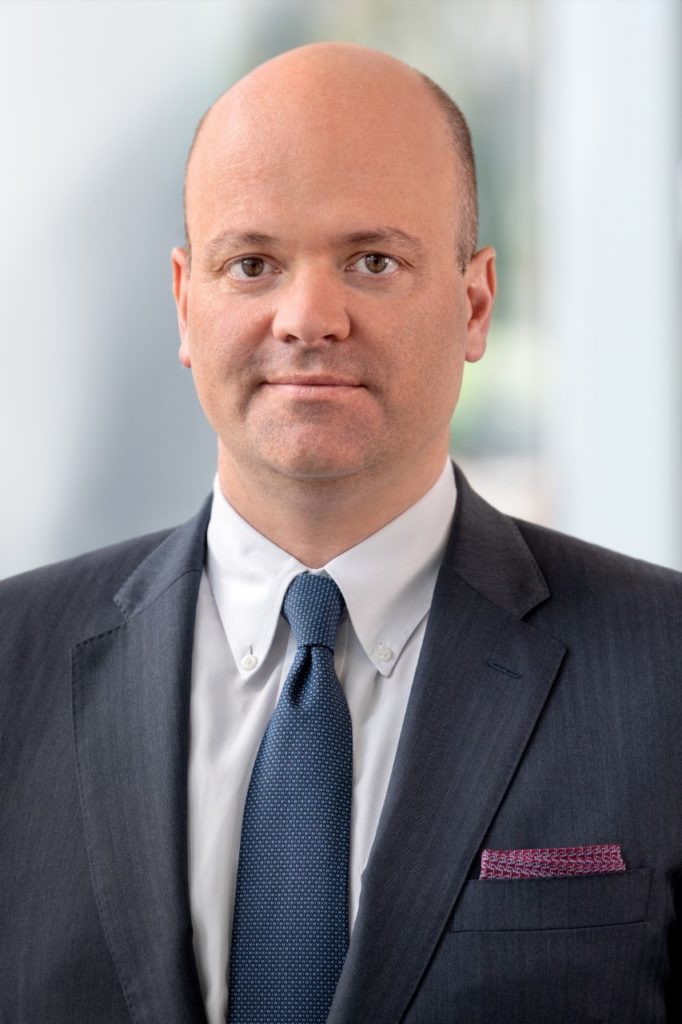
“The expectation of consumers these days is that the operator should have knowledge of all their interactions across all channels; anything less is pretty antiquated.”
Oracle Food and Beverage SVP and GM Simon de Montfort Walker
Final Thoughts
Looking ahead, de Montfort Walker said technology should enable customers of a company, such as Merlin, to optimize their time in a theme park by enabling the creation of fine-grained schedules that streamline the entire experience. Indeed, 54% of those in Oracle’s research said they’d love to plan their itinerary in advance so they can avoid lines.
Surely, we can all agree that a streamlined, line-free experience in high-density environments, not just theme parks, will be a big step forward that makes consumers more loyal to the brands that remove the friction for their customers.

Want to gain more insights from Cloud Wars Expo?
Starting on July 20th, more than 40 hours of on-demand cloud education content will be available for free to Acceleration Economy Subscribers.



